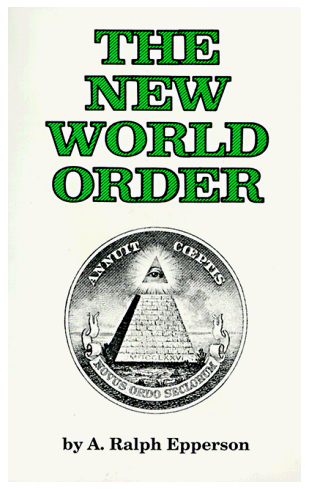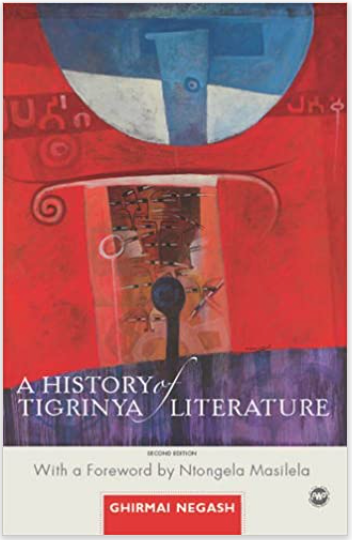The Greatest Civil War Battles: The Appomattox Campaign
ISBN: 9781503006225
*Includes pictures
*Includes accounts of the fighting and surrender by generals on both sides
*Includes footnotes and a bibliography for further reading
*Includes a table of contents
Of all the dramatic events that transpired during the Civil War, the end of the war in April 1865 brought perhaps the most remarkable of them all, and they came in such quick succession that it’s still hard to believe nearly 150 years later.
On April 2, the long siege of Petersburg by Ulysses S. Grant ended with Robert E. Lee’s Army of Northern Virginia finally having its line broken, forcing Lee to retreat and give up Richmond in the process. Lee’s battered army began stumbling toward a rail depot in the hopes of avoiding being surrounded by Union forces and picking up much needed food rations. While Grant’s army continued to chase Lee’s retreating army westward, the Confederate government sought to escape across the Deep South. On April 4, President Lincoln entered Richmond and toured the home of Confederate President Jefferson Davis.
Fittingly, the food rations Lee moved toward did not arrive as anticipated, and on April 7, 1865, Grant sent Lee the first official letter demanding Lee’s surrender. In it Grant wrote, “The results of the last week must convince you of the hopelessness of further resistance on the part of the Army of Northern Virginia in this struggle. I feel it is so, and regret it as my duty to shift myself from the responsibility of any further effusion of blood by asking of you the surrender of that portion of the Confederate States army known as the Army of Northern Virginia.” Passing the note to General Longstreet, now his only advisor, Longstreet said, “Not yet.” But by the following evening during what would be the final Confederate Council of War (and after one final attempt had been made to break through Union lines), Lee finally succumbed, stating regretfully, “There is nothing left me but to go and see General Grant, and I had rather die a thousand deaths.”













